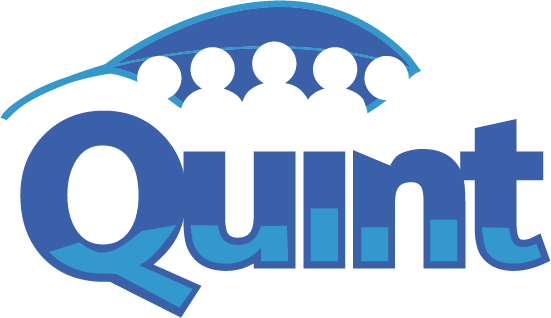Vulnerable people in low income and marginalized communities are at greater risk from and are disproportionately affected by the COVID-19 pandemic.
This unprecedented crisis is highlighting the need to address structural inequities in our communities in order to flatten the curve and ensure that our health care system is not overwhelmed.
The connections between social and economic justice and the health and safety of our entire community are clearly tied together.
- Shelters (for homeless people and for women fleeing violence) are not adequately funded do not have adequate infrastructure for physical distancing. Residents (and staff), many of them women and, Indigenous are at extreme risk. It is difficult to follow public health guidelines like isolating at home when you are homeless or live in unsuitable or overcrowded housing.
- There is a growing awareness that many people working in low paying insecure jobs with no benefits provide essential services and they do not have the privilege of staying at home during the pandemic. These include workers in grocery stores, long-term care homes, health care facilities and food processing plants to name a few. The Canada Emergency Response Benefit has demonstrated that a lot of people were not making enough money to meet their basic needs and that society has a profound interest in lower-income people having the purchasing power to buy food and pay their rent. The call for implementing guaranteed annual income are growing in Canada and many other countries.
- Overcrowded jails (with a large number Indigenous people suffering from intergenerational trauma) are potential COVID-19 hotspots. Many inmates are being released to address the spread of the virus in correctional facilities and communities are struggling to find appropriate housing and support for them. This raises to the bigger question of why we continue to incarcerate so many people to begin with.
There are many questions to consider
How we can create more equitable and just communities when looking ahead to a post-COVID world? How do we ensure that we can provide innovative housing that is accessible to everyone? How do we create sustainable economies that meet the needs of our communities and the environment while also reducing wealth and income disparity? How do we ensure that everyone receives a living wage? Can we create opportunities and jobs for people as alternative to continually building more jails?
Since its inception in 1995, Quint has been using a community economic development approach to address the concentration of poverty and underdevelopment in the core neighbourhoods. Quint has been creating innovative social economies that provide a roadmap to a healthier, more resilient and sustainable economy. Our focus has been on community identified priorities of housing, employment and training and these happen to be some of the socioeconomic determinants of health that are playing out during the COVID crisis.
We need to reimagine what our community should and can be after this unprecedented global crisis.
Winston Churchill once said, “Never waste a good crisis”. In challenging times one must question the accepted reality and solutions may well be found outside the usual compass.

